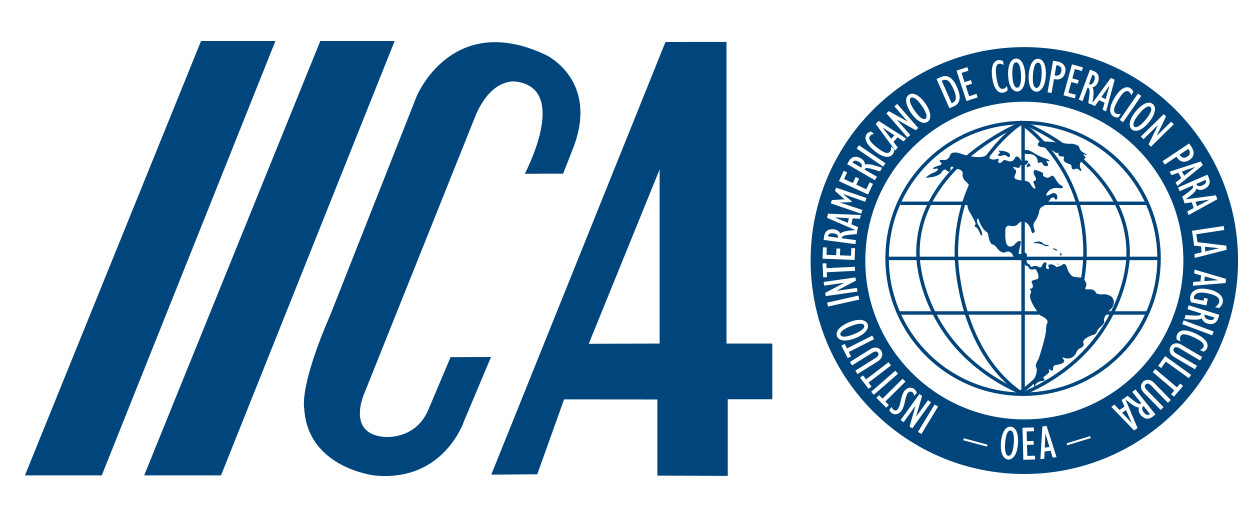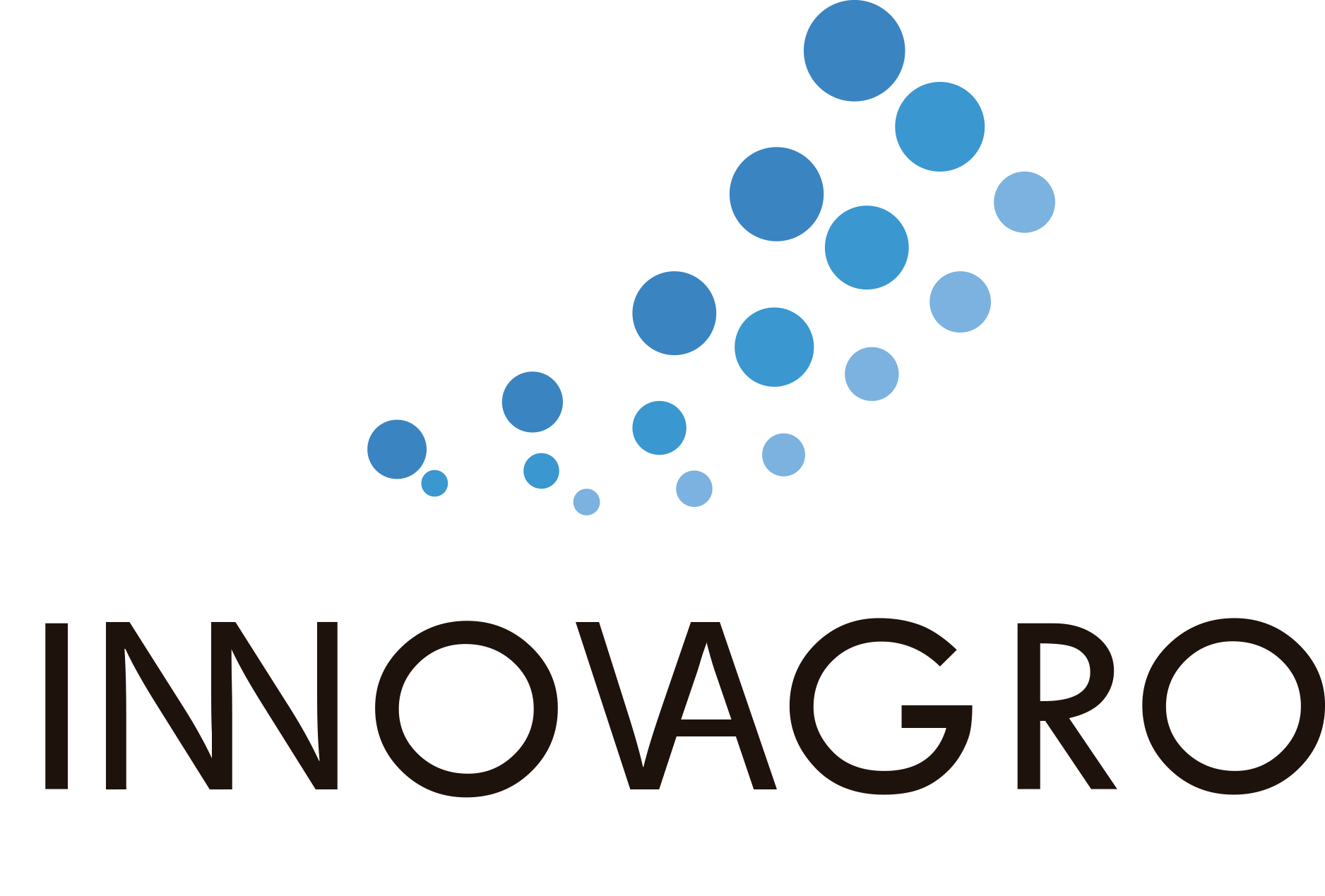About the Journal
Approach and Scope
The bioeconomy encompasses all sectors and systems based on biological resources, their functions and principles, including agriculture, forestry, fisheries, food and bioindustries, and it is a key sector to encourage growth in rural and coastal areas. The European Bioeconomy Strategy addresses the production of renewable biological resources and their conversion into essential products and bioenergy. Since its update in 2018, the Strategy is focused on accelerating the deployment of a sustainable European bioeconomy to maximize its contribution to the Agenda 2030 and its Sustainable Development Goals (SDG), as well as to the Paris Agreement: ‘The bioeconomy must be circular, so that biological resources are maintained as long as possible in the productive chain in order to ensure that there are no unexploited resources’. A sustainable bioeconomy contributes to modernization and strengthening of the industrial basis, through the creation of new value chains and more ecological and profitable industrial processes; it is the renewable section of circular economy, which can transform bio-waste, waste and discard materials from valuable resources and generate innovations and incentives to help retailers and consumers reduce food waste; and it promotes healthy ecosystems, contributing to their restoration.
C3-BIOECONOMY: Circular and Sustainable Bioeconomy is an international innovation journal in Circular and Sustainable Bioeconomy, on an annual basis, focused in the agri-food and forestry field and with a multisectorial approach. It accepts works from all sectors of the innovation system with particular emphasis on business and academic sectors.It is founded by the Agrifood Campus of International Excellence (ceiA3) and edited by the University of Córdoba. In general, it includes innovative papers, written in Spanish or English, that deal with topics on food innovation, agriculture and forestry, and bioproducts and bioprocesses related to the agri-food and forestry sector.
C3-BIOECONOMY is divided into the following specific sections:
- Sustainability of productive systems: energy, water and other natural resources
- Biotechnologies and bioprocesses in the food chain
- Biorefineries and bioenergy in agrifood and forest systems
- Bioproducts of high added value in food, health, cosmetics and industry
- Socio-economic issues related to bioeconomy
- Circular economy
C3-BIOECONOMY publishes scientific articles, short notes, diffusion articles, conference proceedings and letters to the editor that are subjected to a strict evaluation process.
Publication Frecuency
C3-BIOECONOMY: Circular and Sustainable Bioeconomy until 2024, the publication frequency has been annual in the month of December. From 2025 onwards offers continuous publication of articles, with an approximate publication time of two months from receipt of submissions. All publications received during the year will be highlighted in the annual issue for that year in December.
Peer review process
All articles and brief notes will be evaluated applying the double- blind system. Each submission will be sent to two reviewers who will decide whether the article should be published in the journal. If there is a divergence of opinions, it will be sent to a third evaluator
Open access policy
This journal provides immediate, open access to its content, based on the principle that offering the public free access to research facilitates a greater global exchange of knowledge.
C3-BIOECONOMY: Circular and Sustainable Bioeconomy is published under Creative Commons License (CC BY-NC-SA 4.0) ![]()
Funded by
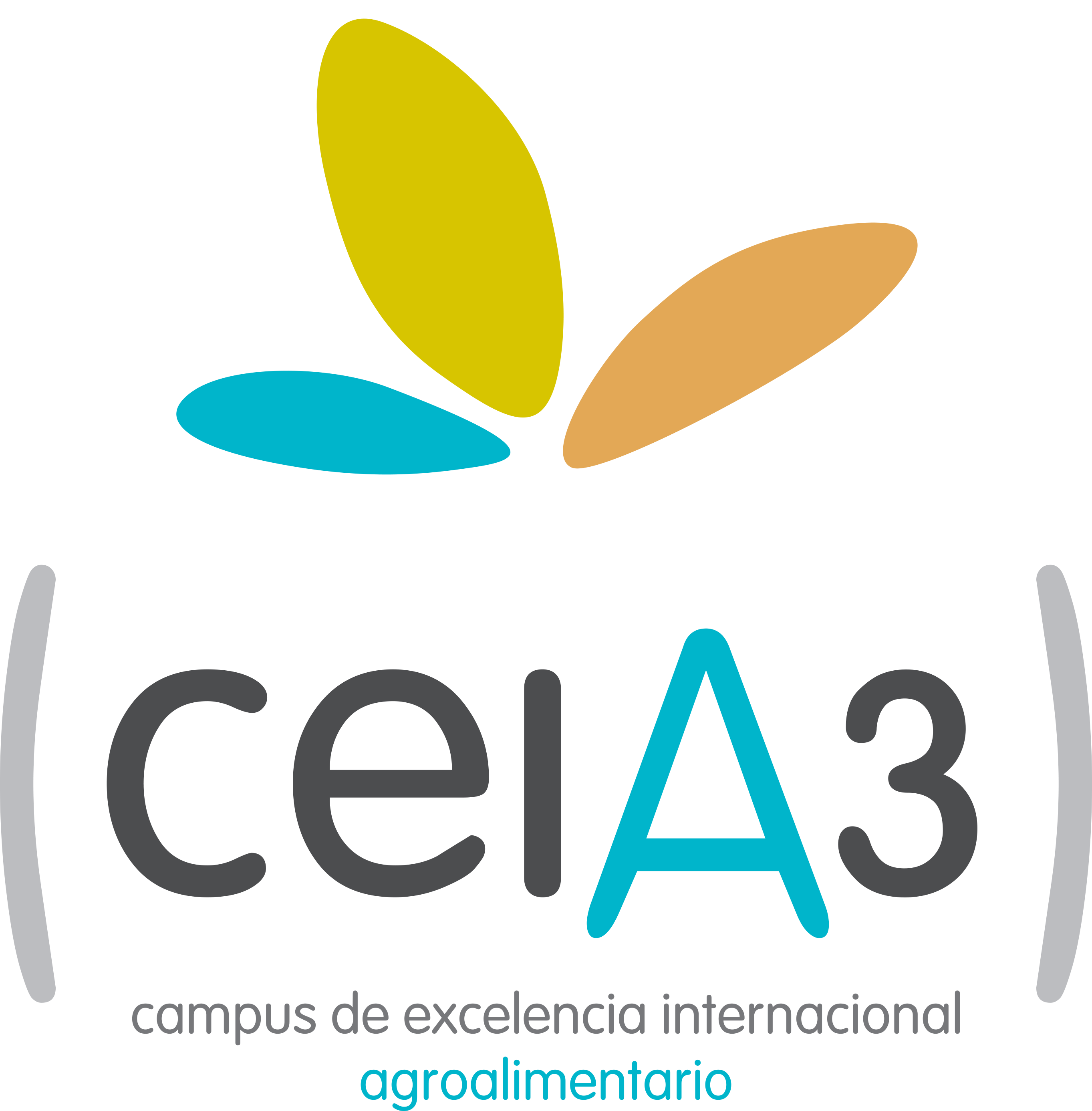
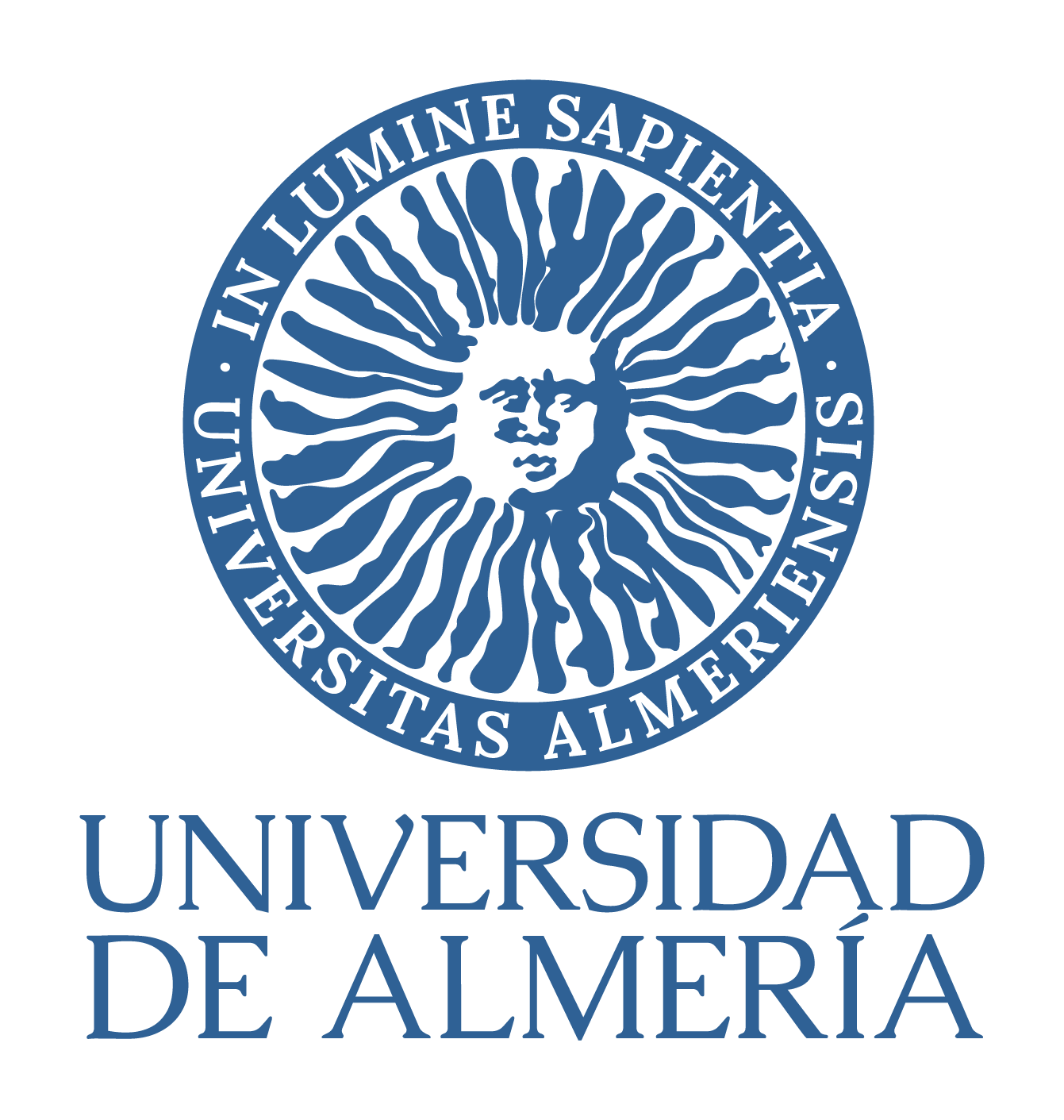
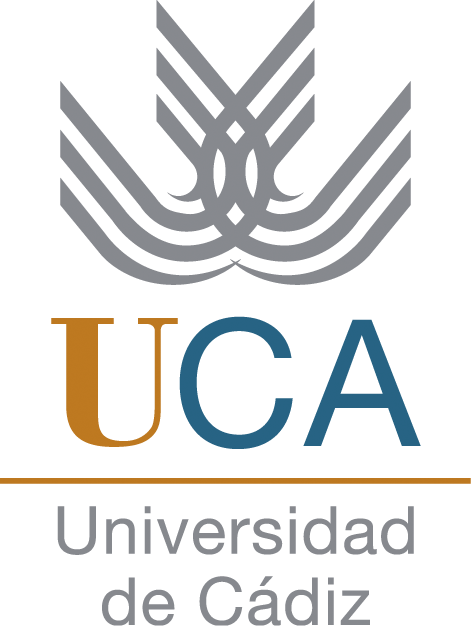
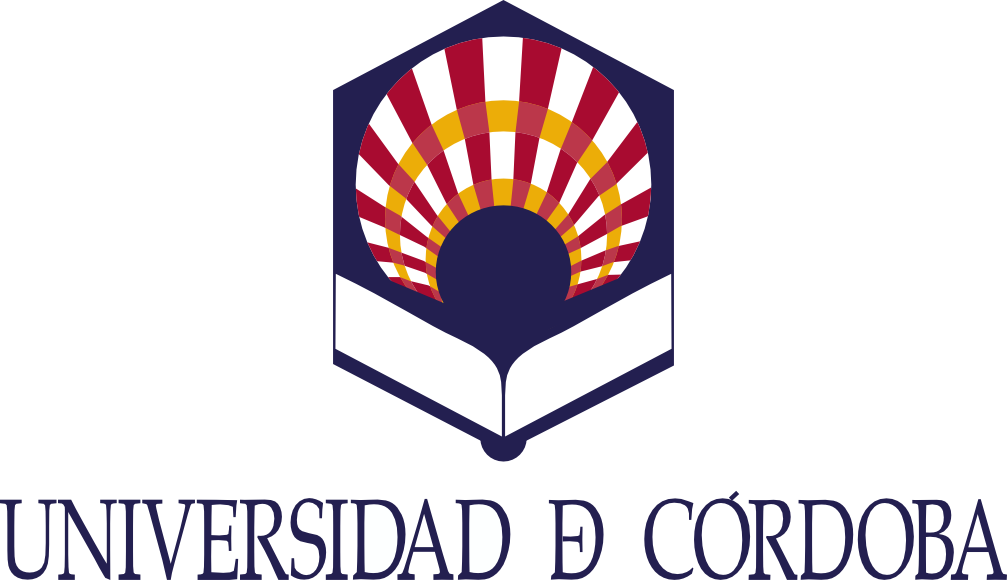
![]()
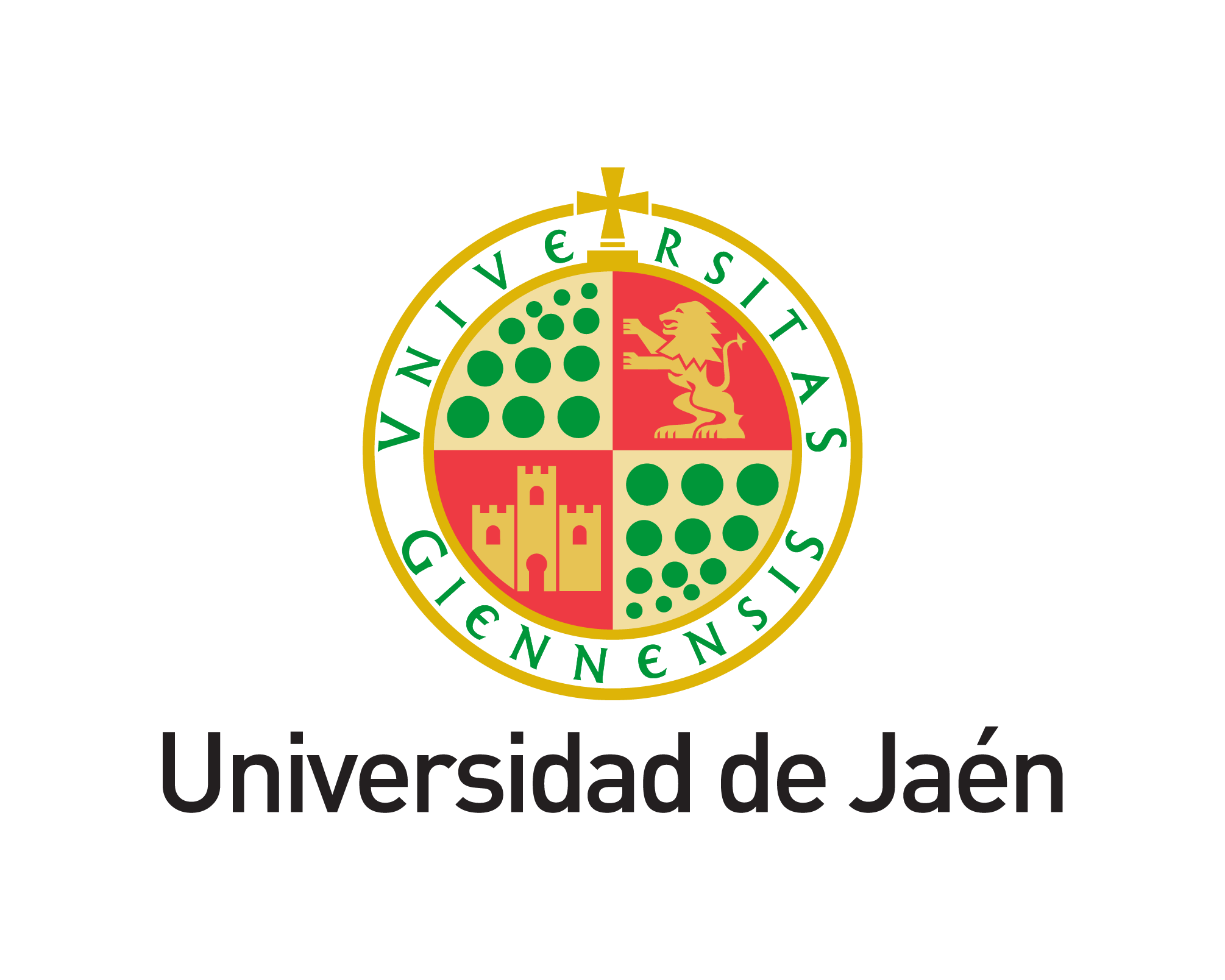
Collaborating entities
ISSN: 2660-9126


